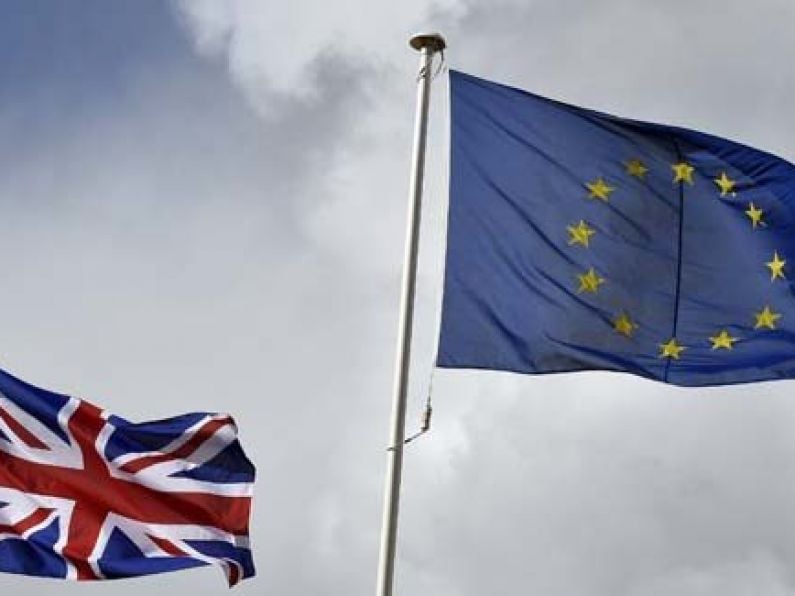Business representative groups feel the Government should go further in its efforts to ease the burden on Brexit-exposed importers by widening the terms of its Vat deferral scheme.
The Government last week approved proposals by Finance Minister Paschal Donohoe to allow companies postpone paying Vat on goods brought in from Britain from importation date to when filing bi-monthly Vat returns.
The import Vat will be reclaimed at the same time that it is declared in a company’s Vat return, rather than being charged at the point-of-entry.
“The scheme will be introduced for all traders for a certain period to alleviate the immediate cashflow issues arising from Brexit,” the Department of Finance said.
However, in a joint-letter to Government Ibec, Chambers Ireland, the Irish Exporters Association, the Irish Tax Institute and small firms lobbyist Isme have called for a three-month Vat deferral timeframe instead of the bi-monthly plan.
“We believe that introducing a deferral regime of three months for Vat would significantly ease the cashflow pressures facing Irish firms,” the organisations said in the letter.
Meanwhile, accountancy body Acca has called on the EU to waive all import tariffs it would lawfully take from Ireland in the event of a no-deal Brexit and use them as part of an economic support package for those most affected by the UK crashing out of the EU without a trade deal in place.
The EU will take 80% of Ireland’s income from import tariffs with the UK in a no-deal Brexit scenario, as is standard practice with any member state trading with another country on World Trade Organisation terms.
However, Acca wants Ireland to be an exception to this rule should a no-deal Brexit come about.
“While Ireland was a net benefactor of EU investment during the financial crisis over 10 years ago, with Brexit it now finds itself in the eye of an international storm and the EU must maintain its flexible support,” said Acca Ireland chairman Stephen O’Flaherty. “This additional revenue could be redirected to support investment in sectors such as the agri-food industry which sees Ireland’s largest trading partnership with the UK.”
Tánaiste Simon Coveney, meanwhile, has moved to reassure businesses that a no-deal Brexit is “not a likely outcome,” but he said SMEs and large firms should be preparing for it nevertheless.
Speaking in Cork, the Foreign Affairs Minister said the Government was “doing all it can” to prevent a no-deal scenario but that firms had to have a contingency plan if it did arise.
"We’re doing all we can and many, many companies are now thinking about how they would cope with that kind of scenario.
"But it is important to repeat the message — I still do not think that is a likely outcome, and we will continue to work to ensure that we don’t face the very significant challenges of a no-deal Brexit.
“But that doesn’t mean that people shouldn’t have contingency plans in place, because of course they should,” Mr Coveney said.
He said preparing for a hard Brexit was a prudent business strategy but again expressed confidence firms would not need to implement those plans after March 29, when Britain is due to leave the EU.






